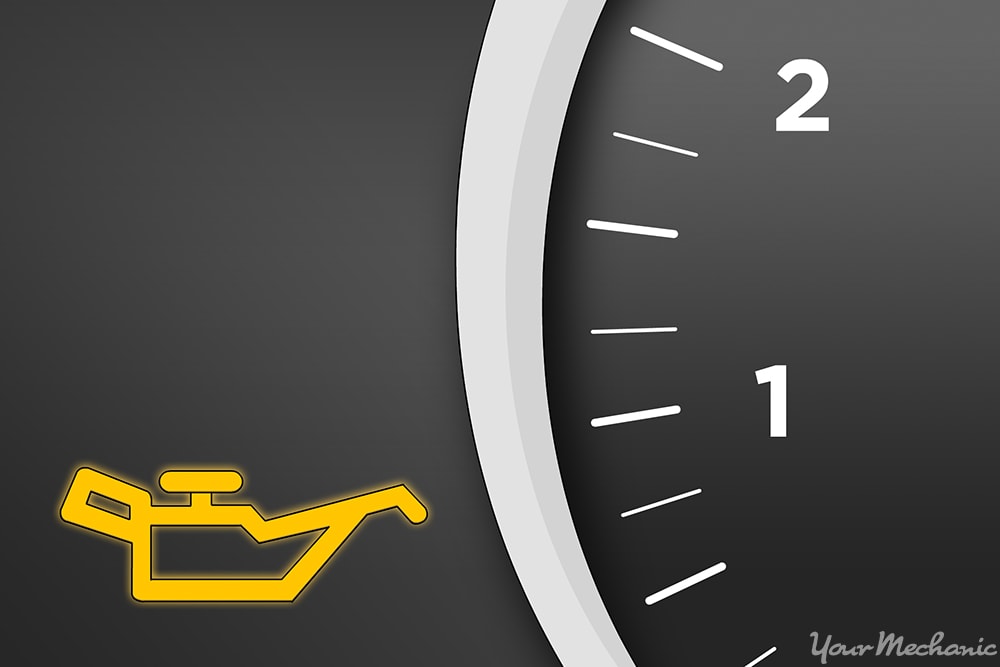Imagine cruising down the open road, the wind in your hair, and your favorite playlist blaring through the speakers. Suddenly, a light on your dashboard catches your eye—it’s the engine oil pressure warning.
Confusion sets in. What does it mean? Why should you care? Understanding engine oil pressure is crucial for maintaining your vehicle’s health and ensuring your driving adventures remain uninterrupted. Your engine relies on oil pressure to keep its parts running smoothly and to prevent costly damages.
But what happens when the oil pressure isn’t just right? When it becomes too high or too low, it can spell trouble for your engine, leading to overheating, increased wear, or even engine failure. By reading on, you’ll uncover the significance of engine oil pressure and what happens when engine oil gets too hot. This knowledge empowers you to take action before minor issues become major headaches, keeping your car—and your peace of mind—running smoothly. Let’s dive into the heart of your vehicle and discover why engine oil pressure is a vital component you can’t afford to overlook.

Credit: www.autotechiq.com
What Happens When Engine Oil Gets Too Hot
Engine oil pressure indicates the force needed to circulate oil through the engine. Overheated oil loses its viscosity, causing reduced lubrication and increased wear. This can lead to engine damage and costly repairs.
Engine oil is crucial for keeping your vehicle’s engine running smoothly. It lubricates moving parts, reduces wear, and helps maintain engine temperature. But? Let’s explore the impact of high temperatures on engine oil and what you can do to prevent it.
Effects of Overheated Engine Oil High engine temperatures can lead to several issues with your oil. Here’s what happens when oil gets too hot: – Loss of Viscosity: Oil thins out when it heats up too much. Thin oil can’t lubricate engine parts well.
– Increased Friction: Reduced lubrication leads to more friction. Friction causes wear and tear on engine components. – Oxidation: Hot oil oxidizes faster. Oxidation forms sludge and deposits in the engine. – Breakdown of Additives: Heat breaks down oil additives.
These additives help protect your engine. Signs Your Engine Oil is Too Hot You might notice some symptoms if your engine oil overheats. Here are some signs to watch for: – Burning Smell: Overheated oil often smells burnt. This smell can be noticeable during driving.
– Engine Noise: You may hear knocking or ticking sounds. These noises indicate poor lubrication. – Warning Lights: Dash lights may illuminate. These lights signal oil pressure or temperature issues. – Performance Issues: Your engine might run rough. This can be due to increased friction and wear.
Preventing Overheated Engine Oil Taking steps to avoid overheating can save your engine. Consider these preventive measures: – Regular Oil Changes: Changing oil on schedule keeps it fresh. Fresh oil maintains the right viscosity and temperature. – Monitor Cooling System: Ensure your cooling system works well.
A good system prevents engine overheating. – Check Oil Levels: Low oil levels increase the risk of overheating. Regular checks can help maintain proper levels. – Use Quality Oil: High-quality oil withstands heat better. It maintains performance even under stress.
Understanding the impact of hot engine oil helps maintain engine health. Keep an eye on signs and take preventive steps for optimal performance.

Credit: www.yourmechanic.com
Conclusion
Understanding engine oil pressure is crucial for vehicle health. It ensures engine parts stay lubricated. This prevents wear and tear. High pressure might indicate blockages. Low pressure could mean leaks or insufficient oil. Regular checks help maintain optimal pressure. Avoid problems by monitoring pressure levels.
Proper oil pressure keeps your engine running smoothly. It extends engine life and improves performance. Protect your investment with regular maintenance. Knowing oil pressure saves you from costly repairs. Keep your engine happy and efficient. Your car will thank you on the road!
